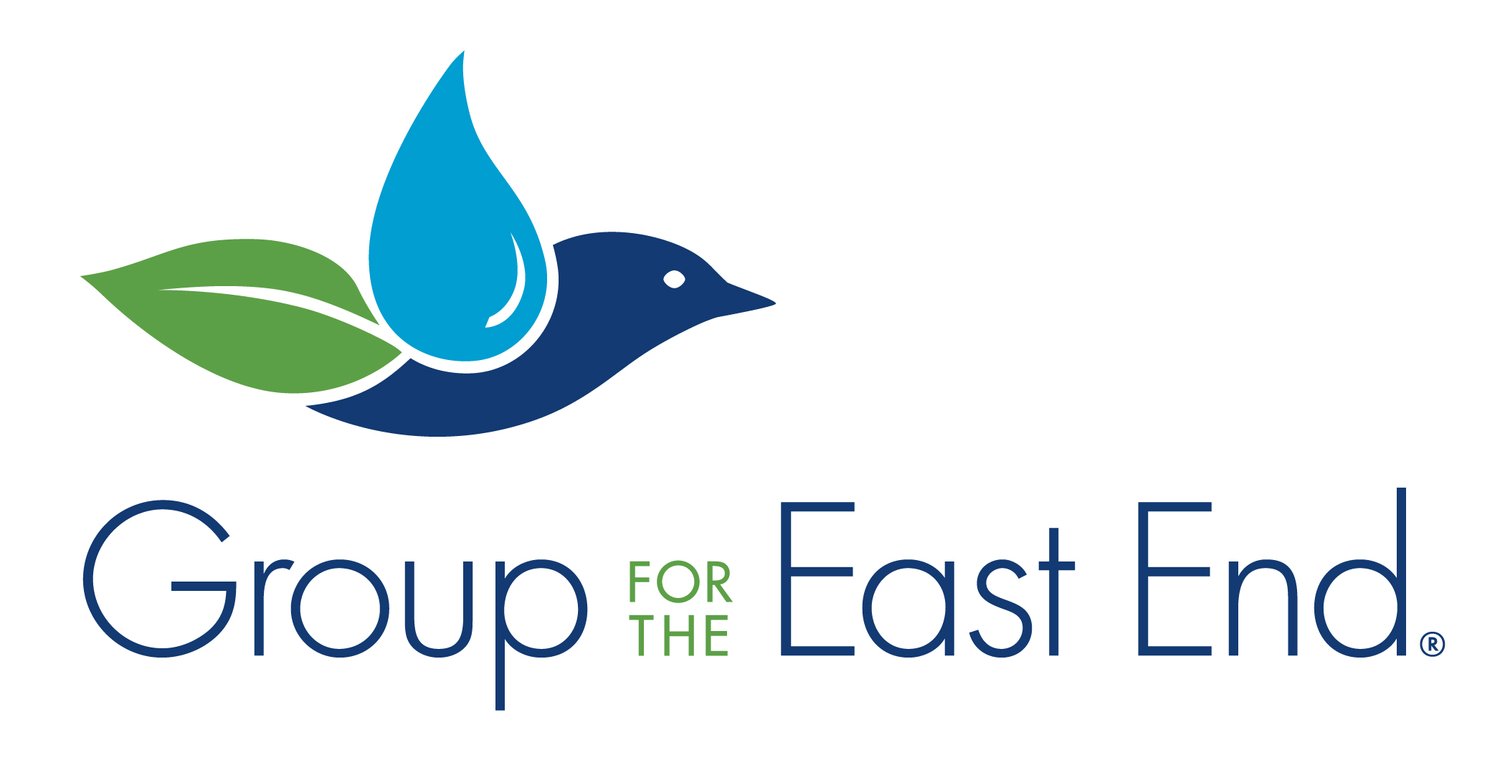Groundwater Pollution from Bridgehampton Sand Mine
The Group, fellow environmental organizations, civic groups, and community members are advocating for groundwater protection in Southampton.
Group for the East End has been advocating for the protection of the South Fork’s drinking water from contamination as the result of sand mining and other heavy industrial activities for decades.
Starting in 2013, the Group advocated for groundwater protection at a 50-acre open pit sand mine in Bridgehampton known as “Sand Land” that had been accepting construction, demolition, and landscaping debris and processing vegetative organic waste, without permits. None of the industrial debris was inspected, even though the mine sat directly over the South Fork’s most important reserve of fresh drinking water. While these unregulated activities resulted in local and court orders to cease operations, the facility continued its waste processing and sand mining activities, with little intervention from the New York State Department of Conservation (DEC).
In the spring of 2018, the Suffolk County Department of Health Services issued a detailed report concluding that contaminants—primarily nitrates and heavy metals—from the mining operation had been leaching into the area’s groundwater. Later in the year, the DEC rightly decided to prohibit the mine’s owner from expanding and that the facility should close and begin site reclamation.
The Group, adjacent neighbors, elected officials, and advocates had long called attention to Sand Land’s questionable activities, and while the decision was long overdue, it was still welcome news for the environment and the future of our drinking water.
Then, with no notice to adjacent neighbors or to Southampton Town, the DEC shocked the community and did a complete about-face. Not only did it allow a massive new expansion, it failed to impose any fines and ignored the need to clean up the existing contamination. In fact, the new permit allowed Sand Land to dig down another 40 feet closer to the groundwater over the next eight years.
As a result, the Group joined with neighbors, the Noyac Civic Council, Citizens Campaign for the Environment, the Southampton Town Civic Coalition, Southampton Town and NYS Assemblyman Fred Thiele in a legal challenge to the DEC’s settlement with Sand Land and its new mining permit. After several lower court decisions, the challenge to the DEC’s decision was taken up by the Appellate Division of the New York State Supreme Court in Albany.
In 2021, the court ruled that the DEC violated the state mining law, and that the agency could not further process Sand Land’s application or issue the permit, under the rules governing mining permits on Long Island. Despite this victory, court proceedings continued on until in February of 2023, when New York State’s highest court, the New York State Court of Appeals, unanimously rejected a claim by the mine owner that on Long Island, local jurisdictions did not have the authority to prevent DEC from renewing mining permits, including those that allow mining operations to expand.
This most recent ruling comes after nearly a decade of litigation by the Group and its partners. Following the court’s directive, the Town of Southampton notified the DEC that further mining was prohibited.
In March 2025, the Suffolk County Supreme Court dismissed a recent lawsuit brought by Sand Land against the Town of Southampton and NYSDEC. The Group provided documentation to support the petitioners’ position against the case.
News
Court Dismisses Sand Land Suit, Handing Southampton Town a Major Victory
Long Island Morning Edition: Sand Land
Sand Land, Noyac Mine Long in the Crosshairs of Opponents, Closes; Operations Head to Wainscott
Sand Land Mine in Noyac Still Digging Away, Despite Court Orders
State’s Highest Court Delivers a Blow to Sand Land’s Effort To Continue Mining
Officials In Two Towns Interested In Imposing Stricter Mining Regulations Following State Action
Environmentalists: Sand Land Still Operating Despite State Order
Investigation Reveals Significant Contamination To Groundwater At Sand Land Site In Noyac

